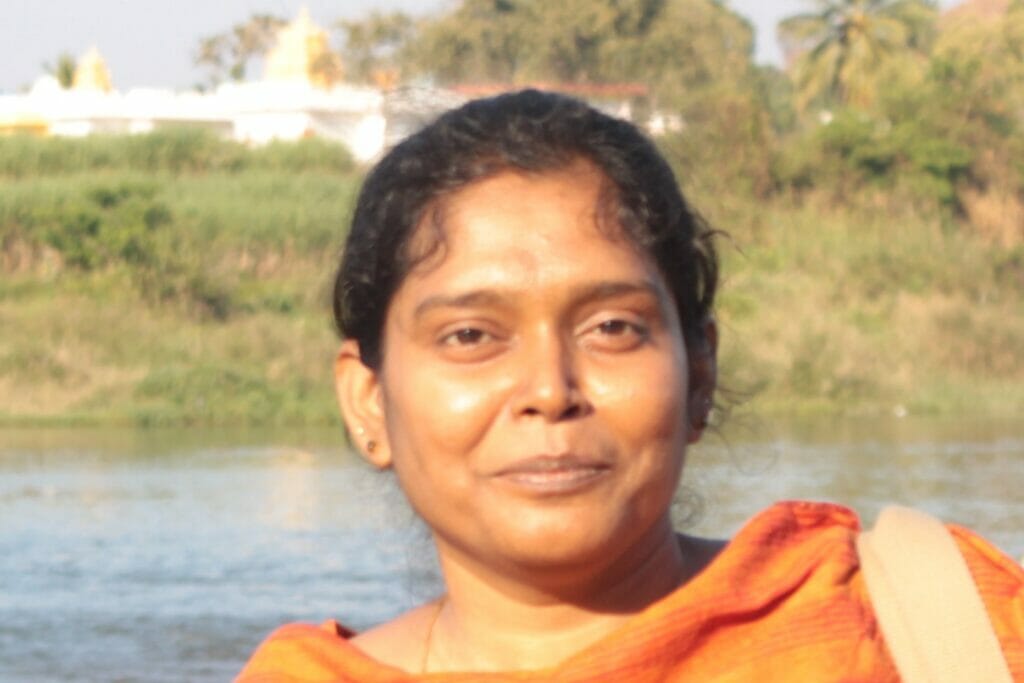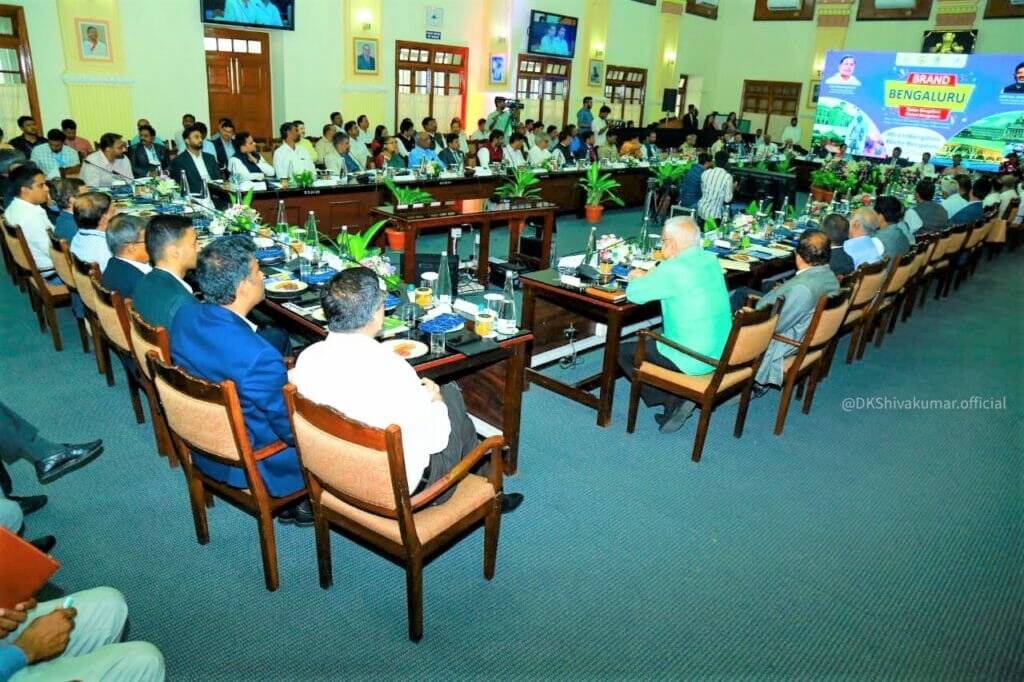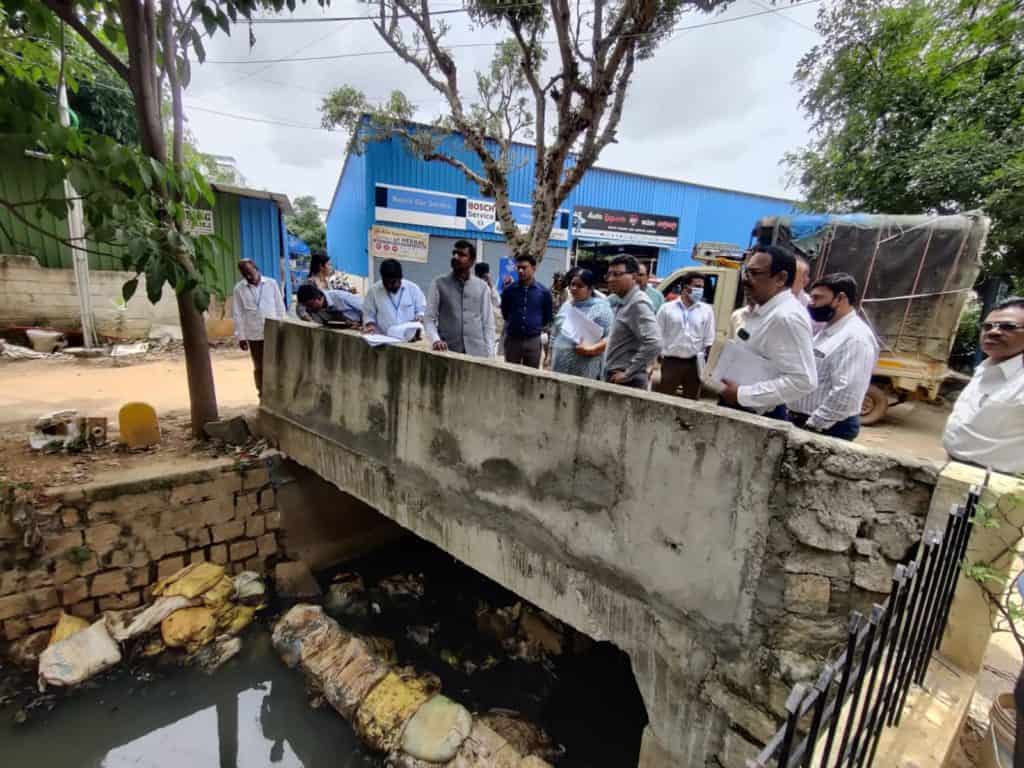KC Smitha, political scientist and professor at Jain (deemed to be) University, in part one of this interview, talked about the steady dilution of Bengaluru’s local government authority. She explained how the increasing influence of parastatal bodies and private partnerships in city governance affect decision-making processes. She also pointed out how international funding impacts services and puts urban local bodies into a debt trap.
In part two, Professor Smitha discusses the formation of various committees and vision groups, over the years, to develop the city and argues that they represent the aspirations of the elite.
Excerpts from the interview:
CM: We have a spate of committees, which have been criticised by even some NGOs and activists for being elitist. What are your views on this?
KC Smitha: This was initially started under former Chief Minister, SM Krishna. He set up the Bengaluru Agenda Task Force. This was followed by ABIDE and the Karnataka Tourism Vision Group. In 2016, there was the Bengaluru Blue Print Action Group, which was to implement the Bengaluru blueprint created by the NGO Janagrahaa. All these are private sector-stakeholder influenced policies. But why have these extra-constitutional committees? Why can’t our local government be proactive in making decisions as well as influencing the service delivery? Why have these private forces decide the agenda for the city? We should be forming metropolitan planning committees, district planning committees, ward committees and ward councillors; the mayor should be playing a role in policy decisions (editor’s note: there has been no municipal elections since 2020).

But these committees, which are proposing the agenda for the city, are bypassing the constitutional mandates of municipal politics. Special committees are, in a way, disrupting and destabilising municipal decision-making. They are running parallel agendas and the government is not doing anything about it. This is happening without any transparency, accountability, formal discussions or participation of the public, including at the ward level. So, we don’t know what changes will happen in our localities. For example, we don’t know where exactly the next phase of this metro rail will be done. We don’t know where they will be acquiring the land and how many of the other slums will be affected and how many of those residents will be evicted.
Read more: Task forces and vision groups of Bengaluru – how many do you remember?
CM: What do you think of the recent Brand Bangalore meeting?
KC Smitha: Brand Bengaluru is a way to emphasise the economic parameters and competitiveness of the city. It is a way of saying we want Bengaluru to compete with other major global cities. But this is done by focusing on lifestyles that only the elite can afford. Huge malls, infrastructure projects, all these things. This is the outcome of another branding exercise comparing Bengaluru’s Silicon Valley to the Silicon Valley of the US or Singapore. The IT and biotechnology sectors want to emulate the Western models of cities. So, they want better facilities and better lifestyles. But there is a cost. It is impacting how the land dynamics is changing.
The entire periphery of the city is being converted from green into brown areas. Rural, fertile agricultural areas are being converted into special economic zones and industrial clusters. Limited resources are being used for the needs of the elite and that has an effect on basic services.

Read more: Govt seeks public opinion for Brand Bengaluru, but citizens in the dark
CM: This is a major theme in your paper-that all these committees push forth aspirational cities.
KC Smitha: Yes. And whose aspirations are these committees reflecting when they plan the city? Is it the aspirations of lower middle class or lower income groups? The city is a combination of hierarchies, of different income households. It is not just the upper middle class IT sector. So, everybody should be part of this process [of planning for Bengaluru].
CM: Do you see a way forward for us to achieve democratic, local level politics?
KC Smitha: This situation will continue as long as our democratically elected institutions like the municipality is not proactive. It has to be active in terms of discussion, debates, opening up the forum for the elected representatives to interact with the public. All these are important parameters of healthy democracy at any level of government. When these characteristics are not functioning, it means that something is not okay. We are not on the track of democratic politics, but are moving backwards. We are taking ourselves away from democratic participation. We should be strengthening participation, interaction, lively elections, and following constitutional mandates of decentralisation, democratisation, and urban governance.
CM: Do you see a gap here in terms of public interest in local politics, compared to say the state elections or national elections?
KC Smitha: There is political apathy. People are losing interest in connecting with the local government. This happens during elections [in terms of voter turnout] as well as post-elections. Even if people have actively participated in elections and voting, we don’t have transparency and accountability in the later stages. To know how much has been spent, what are the issues they [governments] have spent on? How far have the funds reached and how effective have they been? This information is so complex that the average person would find it difficult to get involved. We are busy with our own lives. It is up to the government to draw the public in. Here, there’s a huge gap between the public and political institutions in general.

CM: What should citizens be aware of?
KC Smitha: Many changes have happened in terms of institutional reconfiguration and private alliances and the return of international financial institutions, which influence large projects in Bengaluru. This is particularly true after 2014, with the increase in urbanisation projects like Smart City and AMRUT. We need to study this and understand it better. Particularly, how change in municipal and urban governance in general is linked with the environment. What will be the outcome of these changes when environmental disasters strike our cities? Nothing is separate. It is not that previous rains and floods are separate from how our local government is functioning.